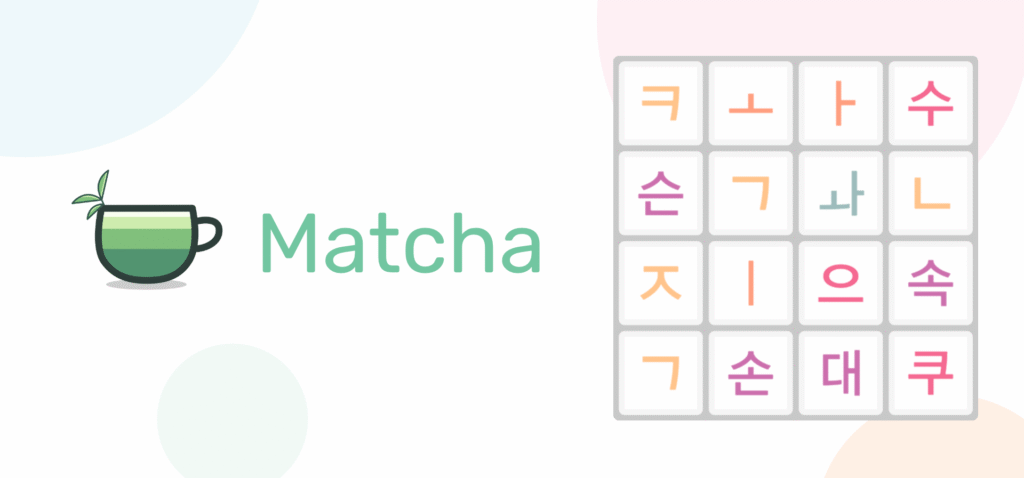Learn arts & crafts vocab in Korean! Whether you are a hobbyist or a professional, art is a big part of many people’s lives and culture, including Koreans. From painting to sculpture to knitting, their materials and describing the craft.
I wanted to cover a good basis and get into some more in-depth vocab, so I limited this post to a few specific art forms. To properly include others, such as music and theatre, would make this quite long, haha. So I’ll save them for another time!

예술: art
문화: culture
미술: fine art
미학: aesthetics
디자인: design
패션 디자인: fashion design
산업 디자인: industrial design
그래픽 디자인: graphic design




